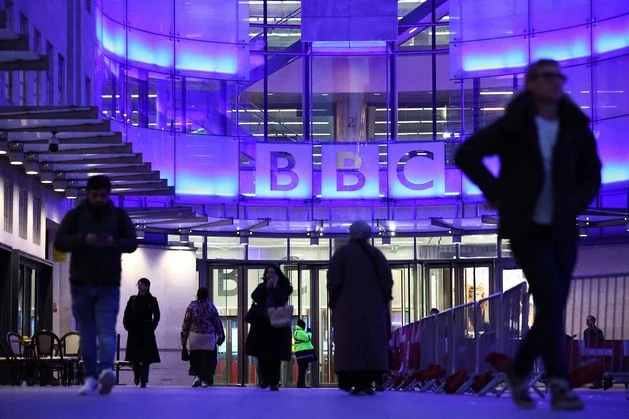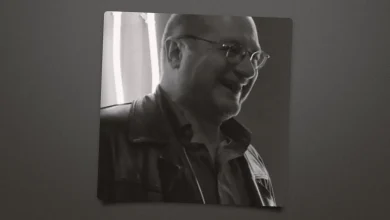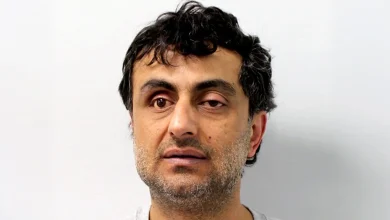Ciara Kelly: The Trump-BBC controversy marks a shift from a decade of cancelling – media groups are in a new era now and objectivity must prevail

US President Donald Trump has threatened to sue the BBC over the way a section of his speech was edited in a Panorama documentary. Photo: Henry Nicholls/Getty
When did it start, misinformation at the BBC? When did an institution that prided itself on objectivity let it slip to further a distinct ideological narrative? It’s funny (in a way) – populism is often used to describe the way certain people on the right behave: appealing to people’s base nature, scaremongering about immigration and the like. But when it comes to courting popularity, we should also look to a whole host of liberal, leftie, millennial journalists who grew up on the heady teat of likes on Twitter. At times over the past decade, it was hard to tell if certain journos were activists or reporters. And I suspect for many, the distinction was unimportant.
To be clear, it wasn’t just the splicing together of Donald Trump’s words to make them look worse than they’d actually been that brought down the BBC’s director general and its head of news. (There was no need really, Trump’s words were bad enough in their original form). It was presenting views as news across three specific areas. Namely, that those who believe in gender ideology were ‘correct’ in their position so gender critical views were censored. That Israel was always in the wrong in the conflict in Gaza and that Trump was just generally awful. Many of these opinions will be shared by people reading this. That’s entirely fair – you’re entitled to your opinions. But opinion is not the business of a news organisation. Opinion is not fact. It’s fine for columnists and pundits, but it isn’t news.





